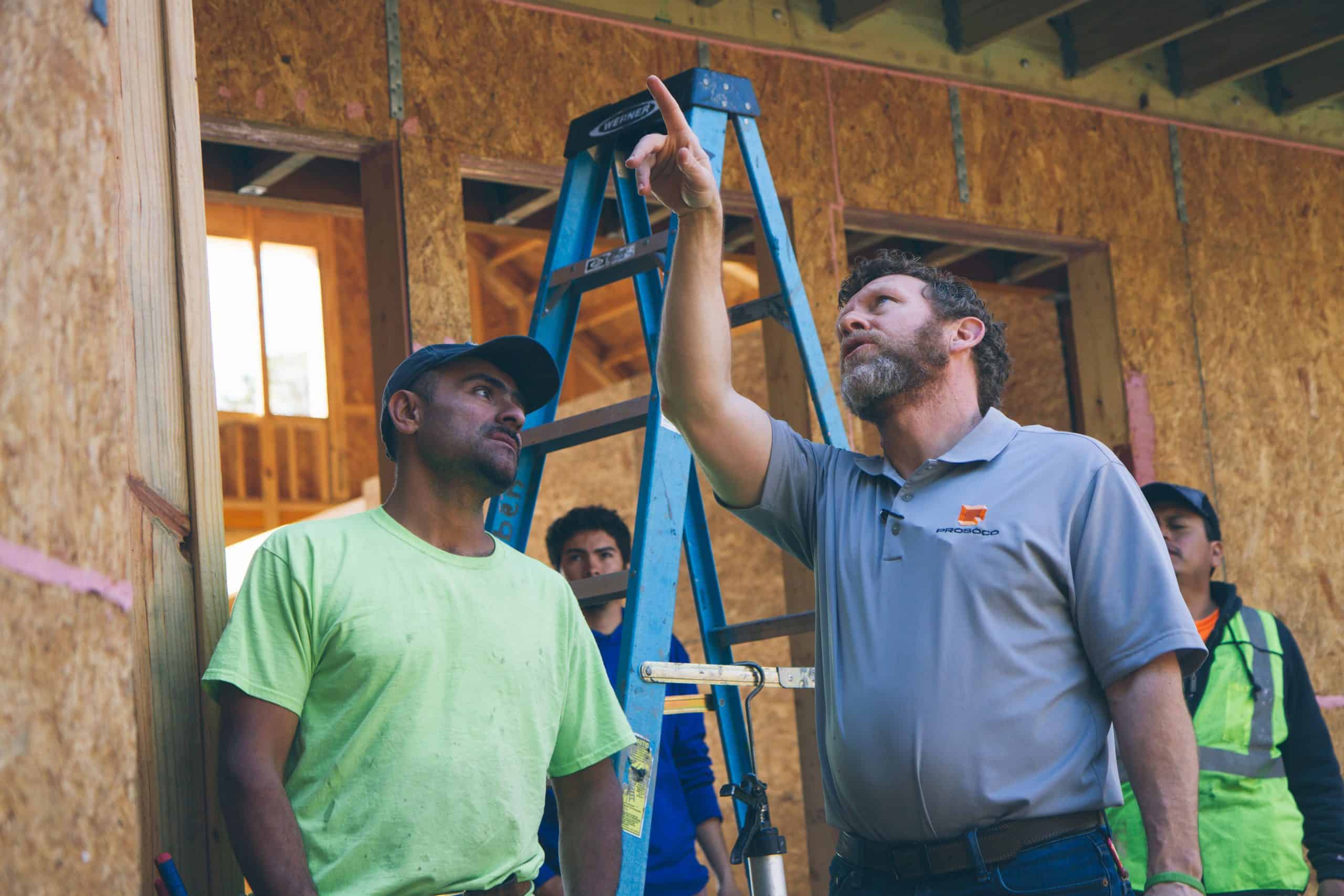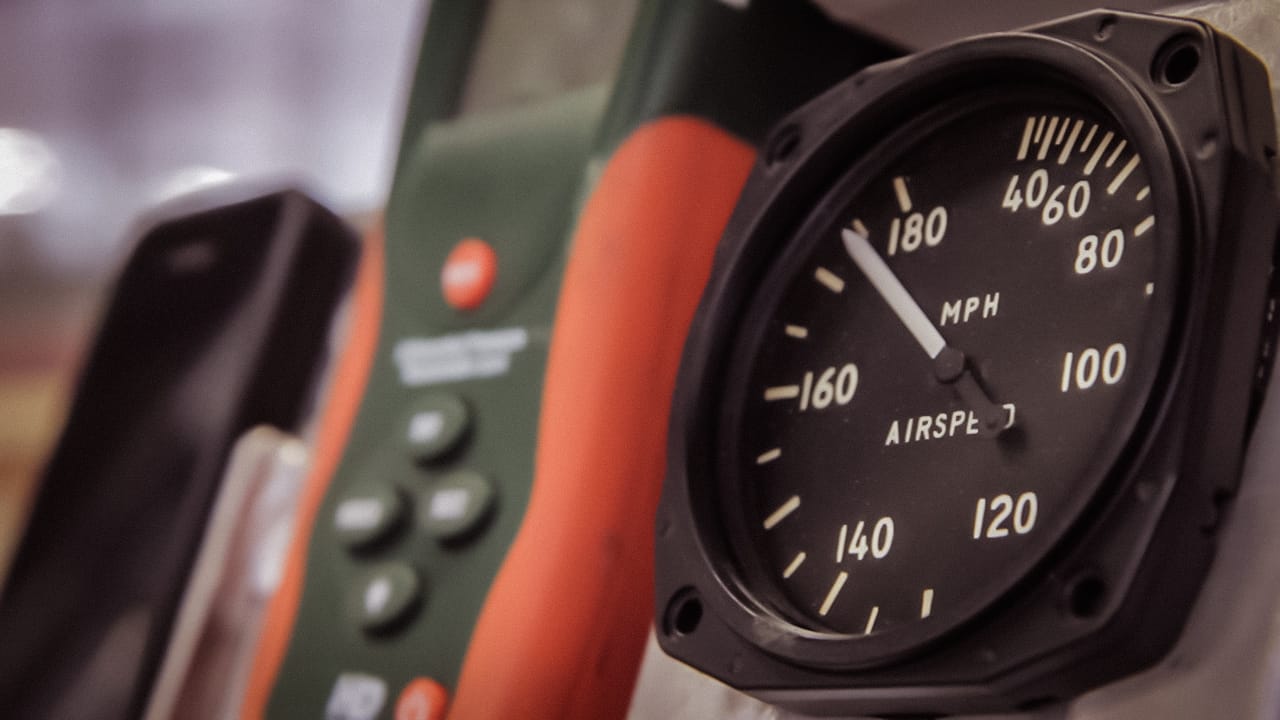Shahin Moinian, president of the ICC Evaluation Service, answers this question and more.
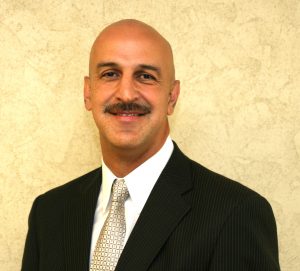
Shahin Moinian is president of ICC Evaluation Service (ICC-ES), the conformity assessment leg of the International Code Council (ICC), a not-for-profit membership organization that publishes the International Codes. The organization rigorously evaluates products and confirms their code compliance. We talked to him recently about what an ICC-ES independent evaluation report means for specifiers, builders, code officials and the industry at large.
Q: Can you start by telling us a little bit about your organization?
A: ICC publishes international codes such as the Building code, Plumbing code, the Residential code and so on. ICC Evaluation Service is the conformity assessment leg of the Code Council. We're in Brea, California, which is Northern Orange County, about 20-25 miles from downtown Los Angeles. ICC as a whole has about 520 employees, and Evaluation Service has just under 60 employees. We have about 30 engineers on our staff, 29 of which are licensed.
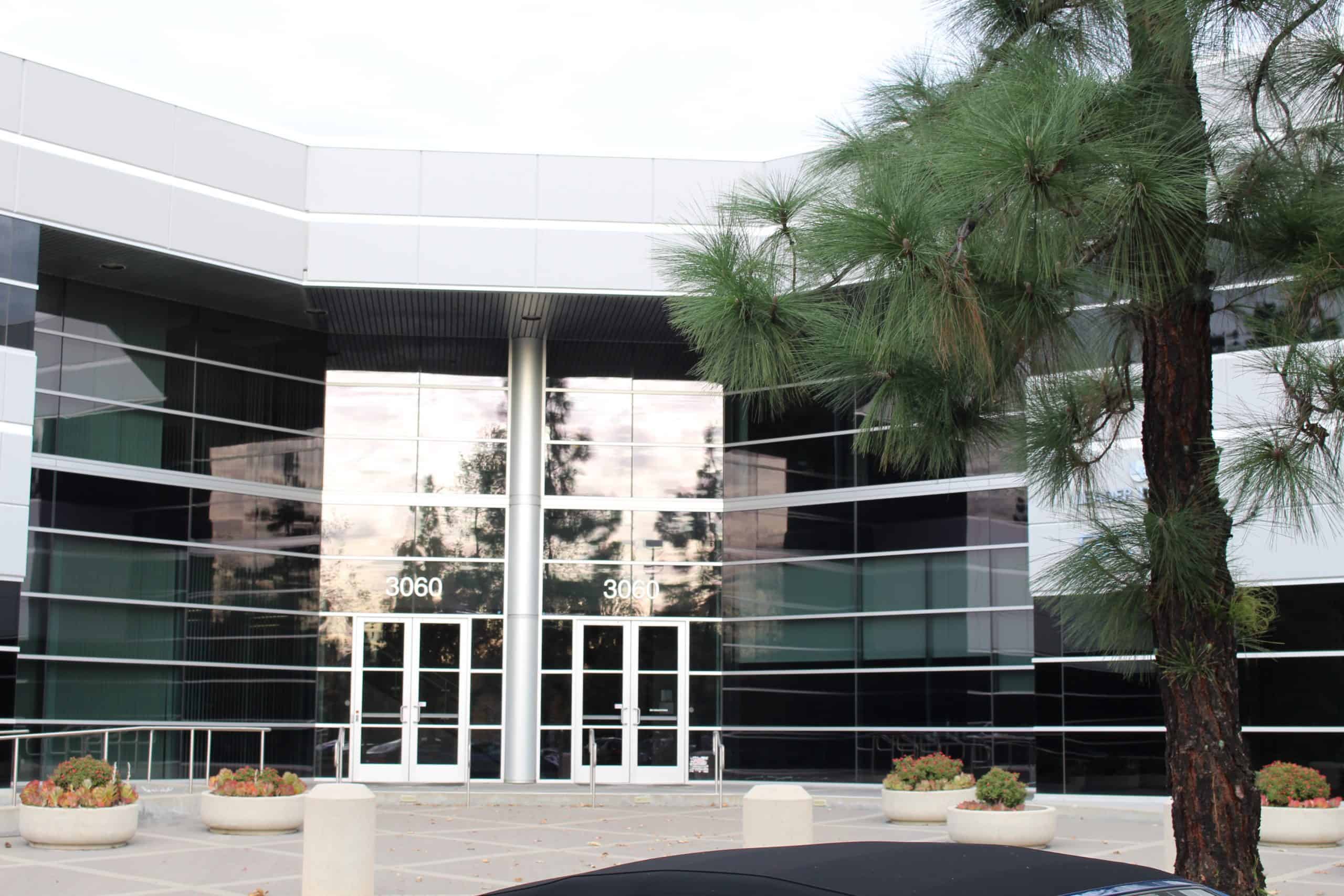
Q: What does an ICC-ES Evaluation mean for people who aren't familiar with construction?
A: Let me use the professional engineer (P.E.) licensing process as an example. To become a licensed professional engineer, you need to go through a test given by a certain body. The third party, in this case, the board of registration, comes up with a minimum requirement as to what is the pass-fail criteria is for this particular exam. The ones that are above a certain level, they pass, and others don't. This is very similar to the minimum requirements in the standards that we use, except this criteria we use for product evaluation. After you get your license, you become a registered professional engineer, which is equivalent to our ESR or evaluation service report or commonly known as just an evaluation report. After the evaluation report is submitted and published, then we have a one or two-year evaluation report renewal, and in order to make sure that the renewal happens, we go to the manufacturing plants and surveil the product to make sure that it continues to comply with the requirements of the standards.
Q: So the evaluation actually involves a site visit to the plants where products are manufactured?
A: They do. So there are two parts to product evaluation. One is testing and the review of the test report, and the other part is the evaluation of the manufacturing plant. Those two parts are parallel while the project moves forward, and then they come together towards the end when the inspection is conducted and also when the product evaluation is completed. The inspector consults with the engineer who has reviewed the product and the test reports and submitted the information, and through that consultation and the peer review, an evaluation report is generated.
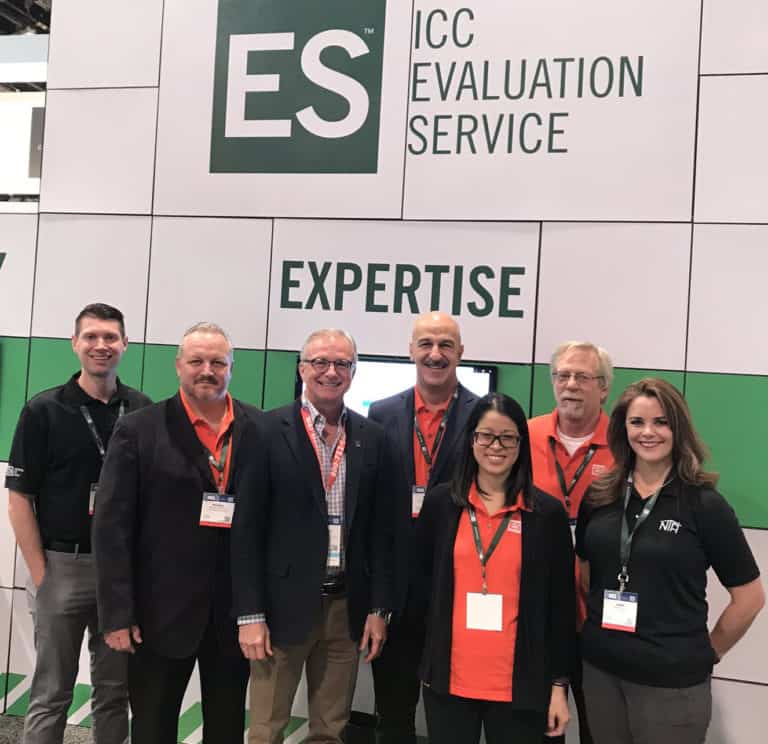
Q: What’s the biggest advantage that a product with an Evaluation Report provides to a project team?
A: Proof of compliance of the product to the set code and normative documents. Specifiers and architects, and code officials and inspectors, can sleep well at night knowing that the products evaluated by ICC-ES have been evaluated rigorously by an experienced engineer or by an organization that has a proven track record to evaluate products to show it has met the applicable codes and standards. What we do in my view, save lives. Code officials and inspectors approve products for installation right after they see one of our evaluation service reports. That tells me that they have confidence in us, they have confidence in our rigorous process, they have confidence in the experience of our engineers.
Q: How many Evaluation Reports does your organization issue?
A: In an average year, we publish hundreds of new evaluation reports as well as hundreds of revisions to existing evaluation reports.
Q: What’s the relationship between the Evaluation Services and the International Code Council?
A: The International Code Council Evaluation Service is by itself incorporated. It has its own board of managers and it runs separately from the Code Council. But it is a part of the parent company, which is the International Code Council. Now, the definition of independence and third party comes from the ISO/IEC 17000. We have to be independent from the manufacturers that their products evaluated and certified by us. We have four different accreditations in North America, and all four of them are to the requirements of ISO/IEC 17065, which is the international standard for conformity assessment bodies. We have an impartiality committee composed of manufacturers, government members and staff. That impartiality committee goes through all the changes to our procedures, some of the evaluation reports that have been published and so on. Then there are internal audits conducted on an annual basis, and on the top of that, we are accredited by four accreditation agencies and they do external audits. All of these activities have a segment within them that goes through the impartiality of what we do, and that is just to make sure that we are an independent organization and that we are a third-party organization.
Q: What are some of the most exciting products you’ve seen recently?
A: So many different types of products and assemblies come our way. The ones that caught my attention fall into the category of off-site construction. These are products that are built up to a point in a factory and then are assembled on-site, and it makes things a little faster and potentially less expensive. There's a 3D printing robot we've seen that actually prints a wall in a matter of one day using concrete and they can put reinforcements in the middle of it. So that's very interesting.
Another product that could be used potentially for people who need a home and don't have a home is the containers. We have evaluated containers to acceptance criteria that we put together. Those are some of the things that basically are built for a different purpose, but it could be repurposed and used for low-income housing as well. Those are some of the things I’ve enjoyed seeing and I believe that that makes construction faster and probably better.
Q: Are there categories or divisions where it might be more important to get your testing services than others?
A: I believe every category of product we review that’s part of the construction of the building is important. But having said that, there are certain products that need to go through seismic evaluation for instance, so that obviously requires some rigorous evaluation. There's fire safety evaluation to certain ASTM standards like E-84 or E-119. Those are important. Wind load is important. The Florida building code has some things called high-velocity hurricane zone, and there's a specific test for that, and that's specific to that particular region of the country. So those are very important areas of evaluation. And roofing and doors and so forth and windows, it should be evaluated in accordance to the high-velocity zone requirements.
Q: What's your favorite thing about your job?
A: Clients come to us because they have a challenge and they want a solution. They want to see if there is a way to evaluate their products. It gives me such a pleasure whenever I see a satisfied client. That's probably the most favorite thing that I like about my job.
"Every time I look at an evaluation report, I realize that this can save somebody's life because the structure is not going to collapse. That's very important to me."
Q: What motivates you to get up every day?
A: I say this and I mean it. It may sound as though I'm making it up, but what we do here saves lives, and I'm passionate about it. Every time I look at an evaluation report and I see how rigorous the evaluation has been, looking at the factors of safety and all that, I realize that this evaluation can save somebody's life because the structure is not going to collapse. So that's very important to me. That's really what motivates me every day.
Q: How would you describe your job to a 5-year-old?
A: I would let him or her know that what we do makes sure that the home they’re living in with his or her siblings and mom and dad are safe. That the bedroom that she or he sleeps in is safer as a result of what we do.
Q: What advice would you give to yourself at age 25?
A: When I was 25, I was a young engineer. I did a lot of product design I would say to myself to take some seismic courses, because that's what we deal with almost day in and day out. I took a structural dynamics course, which was more related to the mechanical engineering aspects of things. But yeah, taking a seismic course is what I would take that would give me more knowledge.
Q: What advice would you give a young person who’s just entering construction or a similar field?
A: The advice I would give them is to know that what you do saves lives. So please do it right and design the structures to the requirements of the International Codes. Because the International Codes have been vetted for many, many years, and if you design to International Codes, the chances are that that building is going to remain safe.
Q: What would you say to clients about the other product evaluation and testing services now available?
A: I'm a car guy. I love Audis. I have been following them for quite some time. I've actually owned about six of them. There was a commercial in the early 2000s called the Never Follow campaign. It was a good narration, but the ‘never follow’ part of it really has stuck in my mind. We've been the leader in this industry for many, many years, and we're going to remain the leader. I know there are a lot of the evaluation bodies that are coming out from the ground every day. But they're trying to imitate what we do. We didn't have anybody to imitate. We try to move forward and never follow and be the leader in this industry.
![]()
